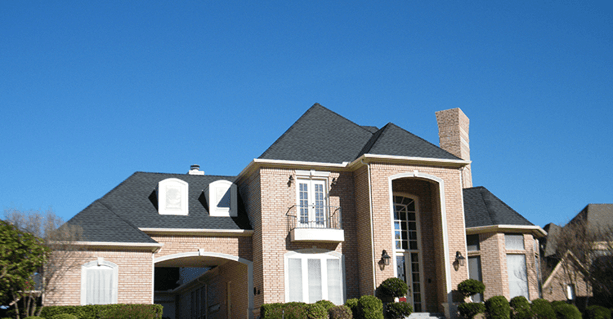
Has the Iowa spring taken a toll on your aging roof? This might be the time to look at a full roof replacement rather than simply making spot roof repairs. To decide whether you should repair or replace your roof, ask yourself a few questions.
How are your shingles?
Replacing a few damaged shingles can be a simple, economical choice. If many shingles or large areas of your roof are broken, cracked, or otherwise damaged, it may be a better option to replace your roof completely. Visually inspect your house, and consider the following questions:
-
Are your shingles warped or curled? Widespread warping or curling of shingles can be a sign of improper installation or poor roof ventilation, which could be costing you money in lost energy and/or allowing water infiltration.
-
Are you losing granules? Granules on asphalt shingles protect your home from solar radiation and weather, helping to preserve your roof’s integrity. Although some granule loss is natural over time, bald patches, damage from storms or hail (indentations or divots), or a lot of granules in your gutters and roof runoff can indicate it’s time to replace them.
TIP: Granule wear that appears in horizontal lines on shingles, a few inches beneath the edge of the shingles above, can be a sign that the seals around the shingles have broken down. This makes it much more likely that water will leak under the shingles into the roof decking or into your home, which can cause significant damage and promote the growth of dangerous mold.
-
Are you missing a lot of shingles? Although you can replace individual shingles that have blown off in windstorms or been damaged by storm debris, if many are missing, it may be time for a whole new roof.
-
Are many shingles dried out or cracked? Especially over years of hot summers (particularly when interspersed with freezing winters), shingles can dry out and crack. This damage can allow water to penetrate the shingle layer and damage the roof deck underneath.
What is your roof’s age and overall health?
-
Does your roof leak? Many leaks can be repaired without replacing the entire roof. Leaks around vents, chimneys, or ducts can often be repaired by replacing flashing and re-sealing vent and pipe openings. If you have extensive leaking inside your home, however, your roof deck may have suffered significant water damage. You will likely need to replace your roof, and areas that have had prolonged moisture exposure may need additional structural repair and remediation.
-
Does your roof sag? A sagging roof can be a sign of inadequate structural support. This condition can be caused by poor original construction, damage, or natural deterioration over time. A sagging roof should be promptly evaluated by a professional to prevent collapse.
-
Is your roof old? Different roofing materials have different anticipated lifespans, from 10-16 years for rubber/EPDM roofs and 15-18 years for asphalt roofing shingles (24-30 years for architectural shingles) to more than 30 years for concrete tile or steel roofing. If your roof is nearing the end of its life, it is rarely cost effective to repair damage. You will likely save money in the long run by replacing the entire roof when you start to have problems.
-
Do you have moss and algae damage? Moss and algae should be regularly removed from a roof. If they are allowed to build up on your roof, they can penetrate shingles, causing granule loss and leading to leakage, water infiltration, structural damage, and mold.
What are your other economic concerns?
-
Do you need to sell soon? If your roof is damaged or near the end of its life, you'll have to decide whether to replace it before putting it on the market. The average cost in the Des Moines area to replace a roof in 2015 was $18,696, and the average amount recouped in a sale with a new roof was $10,667 (57.1%).[1] But a new roof can help a home sell faster and easier, which can save you money, while a damaged roof can impede a sale.
-
Do you have insurance coverage? If something sudden and unforeseen, like a storm, an accident, or vandalism, has caused damage to your roof, your homeowners’ insurance may provide coverage. Depending on your policy, your insurer may pay for repairs or cover some or all of the cost of replacement. Your insurer also may have premium incentives for replacing your roof with more durable materials like EMCO steel roofing.
-
Do you want to improve your energy efficiency? A new roof can better insulate your home from the elements, reducing the amount of energy you use to heat and cool your home and lowering your utility bills. You may also become eligible for federal, state, or local tax credits or energy incentives if you use approved energy-efficient home improvement and roofing materials.
If you need a new roof, Hedrick Construction can help you choose the roofing material that’s right for your home. We carry asphalt shingles, steel roofing, and flat roofing products at all price points, and we have the knowledge and experience to professionally install all of our products. Contact us today to find out more and schedule an appointment for a free estimate to repair or replace your roof this summer.
[1] 2015 Cost vs. Value Report, Regional City Data - Des Moines, Iowa. http://www.remodeling.hw.net/cost-vs-value/2015/west-north-central/des-moines-ia/
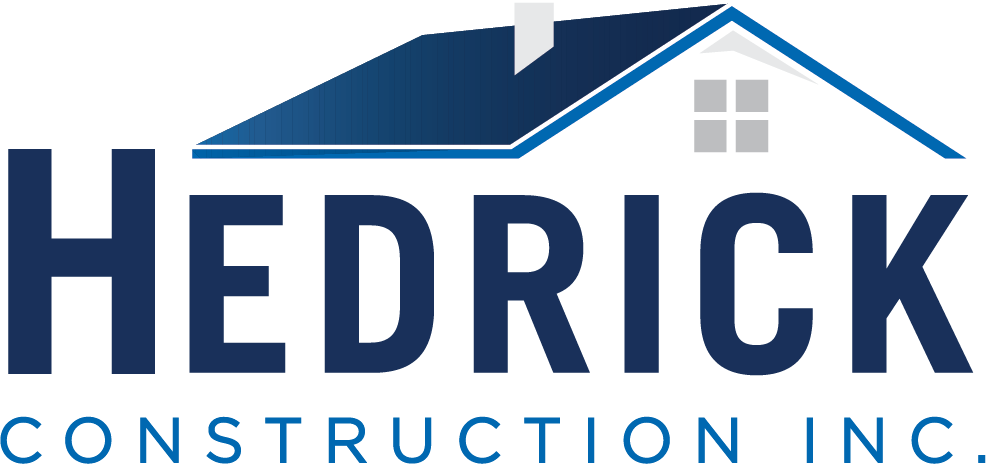


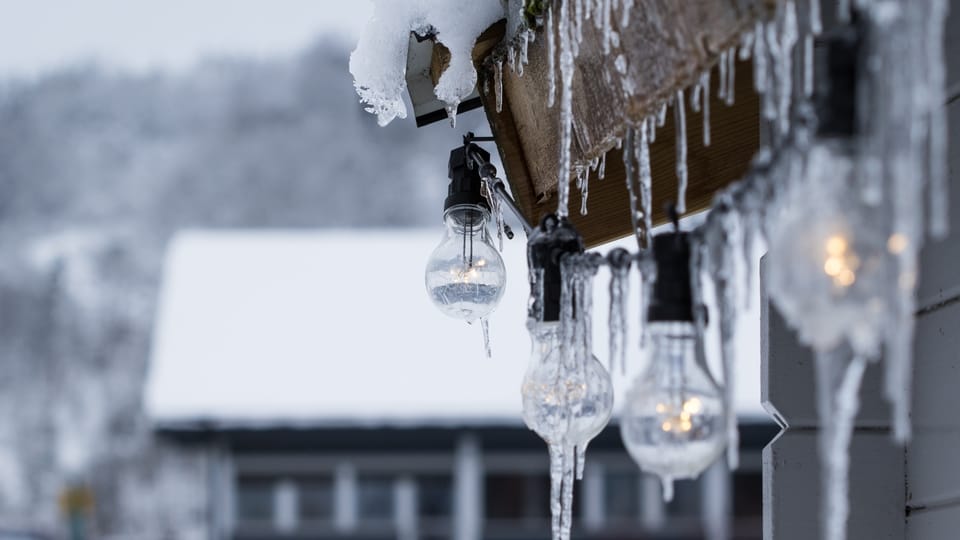
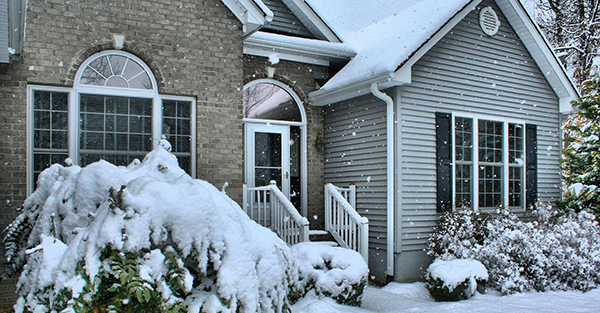
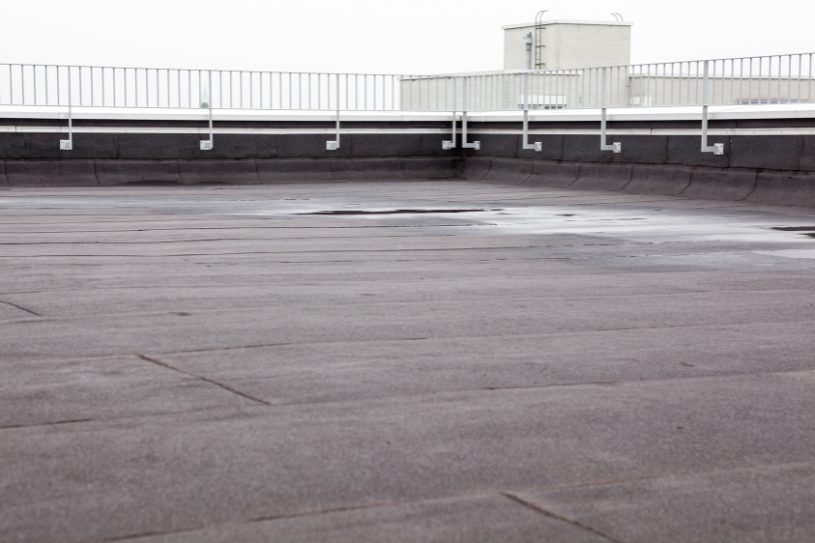


Comments